It is impossible to experience one's death objectively and still carry a tune
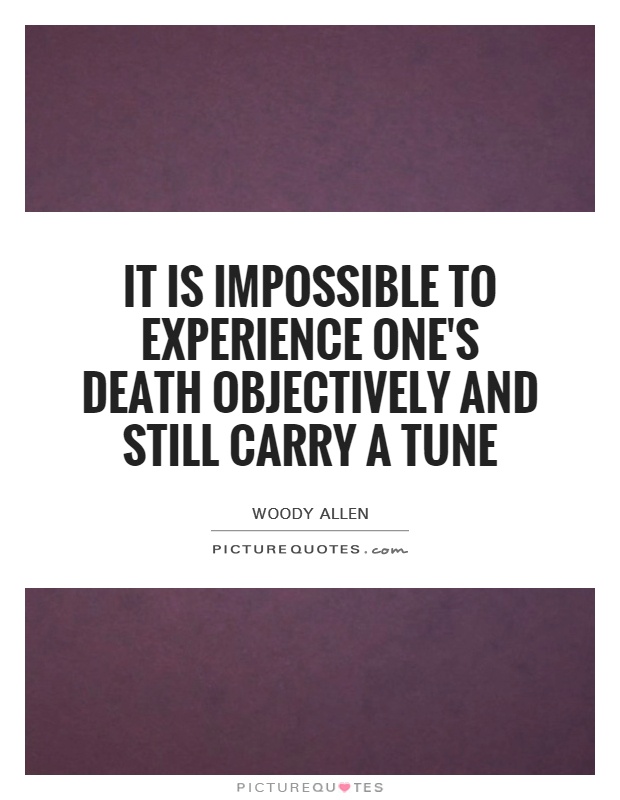
It is impossible to experience one's death objectively and still carry a tune
Woody Allen, the renowned filmmaker, comedian, and musician, is known for his unique blend of humor, wit, and existential musings. Throughout his career, Allen has explored themes of mortality, love, and the human condition in his films and stand-up routines. One of the recurring motifs in Allen's work is the idea that death is an inevitable part of life, and that it is impossible to truly experience one's own death objectively.In Allen's film "Annie Hall," the protagonist Alvy Singer grapples with his fear of death and his inability to fully comprehend his own mortality. In one memorable scene, Alvy reflects on the absurdity of life and death, stating, "I don't want to achieve immortality through my work. I want to achieve it through not dying." This sentiment encapsulates Allen's darkly humorous take on the human condition, and his belief that death is a universal experience that cannot be fully understood or rationalized.
Similarly, in Allen's stand-up routines, he often jokes about the inevitability of death and the absurdity of human existence. In one famous bit, Allen quips, "I'm not afraid of death; I just don't want to be there when it happens." This line captures Allen's ironic detachment from the concept of death, as well as his belief that it is impossible to experience one's own death objectively.
Furthermore, Allen's music also reflects his preoccupation with mortality and the human experience. In his jazz clarinet performances, Allen infuses his music with a sense of melancholy and introspection, reflecting his deep-seated existential angst. While Allen may be able to carry a tune with skill and precision, his music is always tinged with a sense of longing and loss, mirroring his philosophical meditations on life and death.




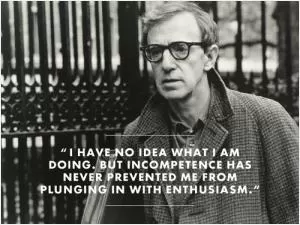

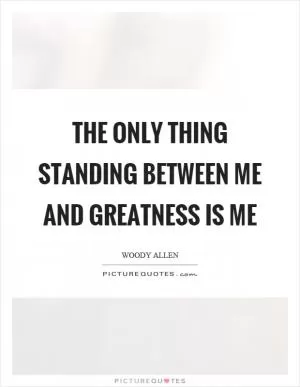
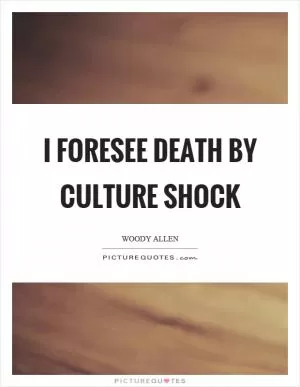

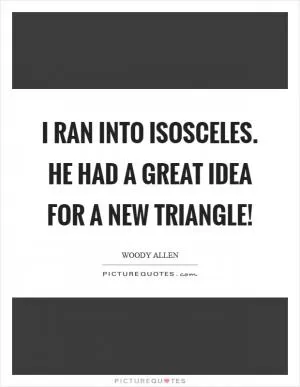

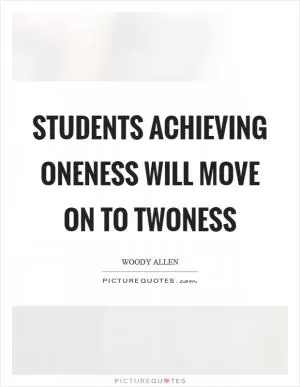
 Friendship Quotes
Friendship Quotes Love Quotes
Love Quotes Life Quotes
Life Quotes Funny Quotes
Funny Quotes Motivational Quotes
Motivational Quotes Inspirational Quotes
Inspirational Quotes